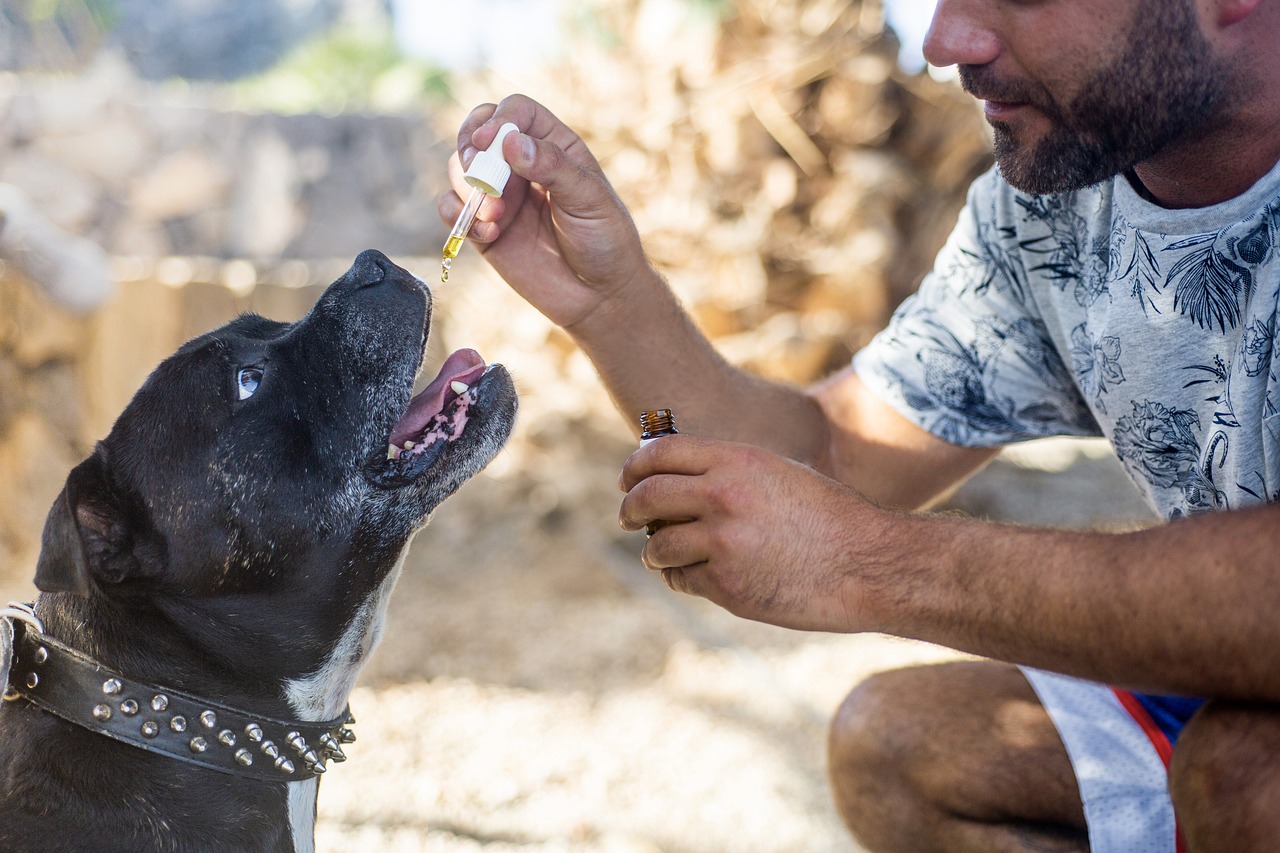Regarding the effectiveness of CBD in treating pain caused by osteoarthritis in dogs, there have been six scientific studies conducted. Four of these studies were randomized, double-blind, placebo-controlled clinical trials, while the remaining two were a case report and an observational study. Let’s discuss these studies, along with their design, treatments, and results, further.
Out of the five studies (24, 25, 54–56), it was found that CBD significantly reduced pain and increased the activity of dogs, leading to an improvement in their quality of life. Gamble et al. (2018) observed a significant decrease in pain scores, as measured by the Canine Brief Pain Inventory (CBPI), and an increase in activity, as measured by the Hudson activity scale, after two and four weeks of CBD treatment (2 mg/kg twice daily for four weeks) compared to the baseline (week 0) (25).
In 2019, De Álava (Cited by Coelho, 2021) reported a case of a dog with chronic osteoarthritis that was treated with CBD (1 mg/kg twice daily for 30 days). The treatment showed analgesic effects, resulting in improved mobility and quality of life for the dog.
Kogan et al. (2020) examined the impact of CBD (0.3–4.12 mg/kg twice daily for 90 days) in combination with other analgesic therapies such as acupuncture, laser, nutraceuticals, polysulfated glycosaminoglycan, and/or gabapentin. They found that out of 32 dogs, 30 experienced pain relief, and out of 23 dogs, 21 were able to reduce or discontinue the use of gabapentin. This is promising for dog owners that do not wish to use pharmaceutical drugs on their dogs if possible.
Verrico and colleagues (2020) studied the effects of two different CBD formulations (naked 20 and 50 mg/day, and liposomal 20 mg/day) for four weeks. The administration of placebo or 20 mg/day naked CBD did not significantly alter the owner’s assessment of animal pain using the Helsinki Chronic Pain Index (HPCI) or the veterinary clinical examination. However, the administration of 50 mg/day naked CBD or 20 mg/day liposomal CBD resulted in statistically significant reductions in pain scores.
Lastly, Brioschi et al. (2021) conducted an evaluation, but the details of their study were not provided.

